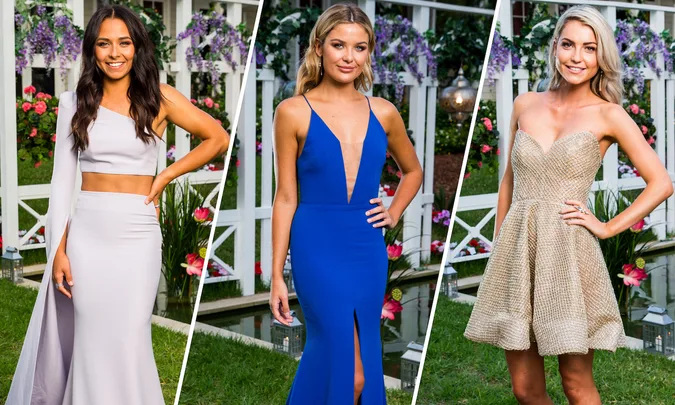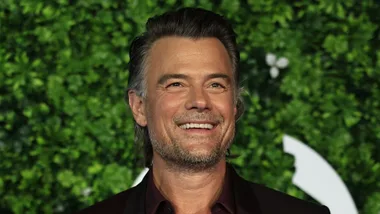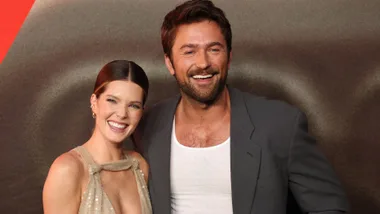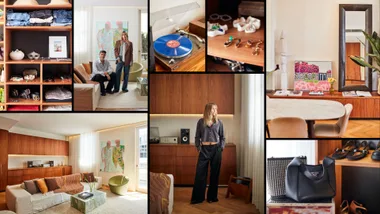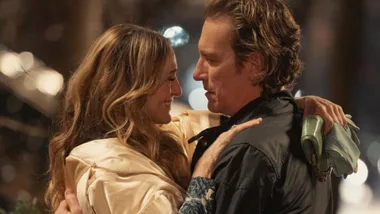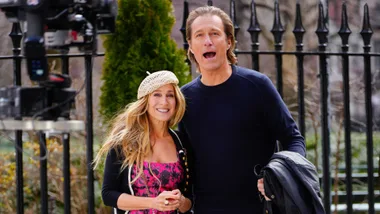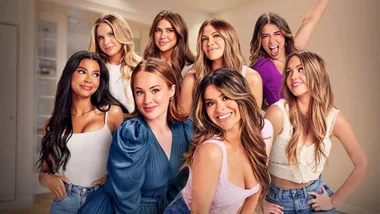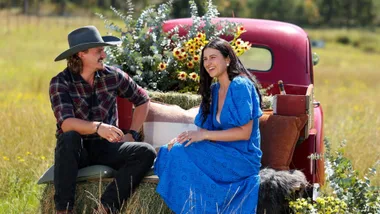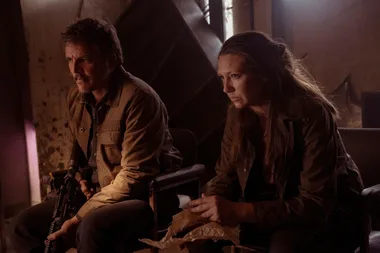It’s officially Bachie season and every Wednesday and Thursday night the nation of Australia is glued to their TV screens watching Nick ‘Honey Badger’ Cummins on his quest for love.
Much like Married at First Sight, Love Island and Bachelor in Paradise, it’s easy to get totally hooked on the dating show and consumed with the contestants, but it turns out our obsession is actually bad for our mental health in more ways than one.
The women vying for love on these shows – especially on Love Island – are more often than not wearing bikinis and tight dresses, showing off their trim, toned and tanned bodies. You’d be hard pressed to find anyone over a size 8.
Furthermore, a fair few have had cosmetic plastic surgery in the form of lip fillers, botox, breast enhancements and fillers.
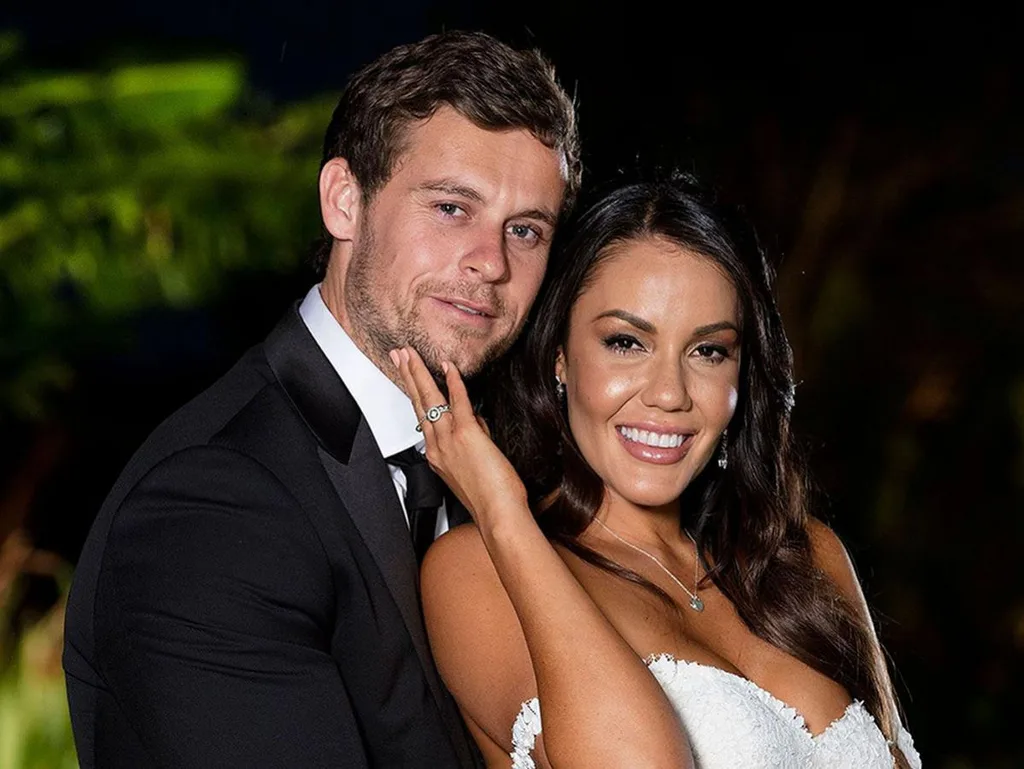
While there’s nothing wrong with people choosing to surgically enhance themselves – or wear bikinis should they feel comfortable in them – there is something wrong if young people watching the show are having their perceptions of beauty altered as a result.
A new study has found that 40% of 18 to 34-year-old female Love Island viewers feel more self-conscious about their bodies after watching, that 30% of women have considered going on a diet as a direct result of the show, and one in 10 have thought about getting lip fillers.
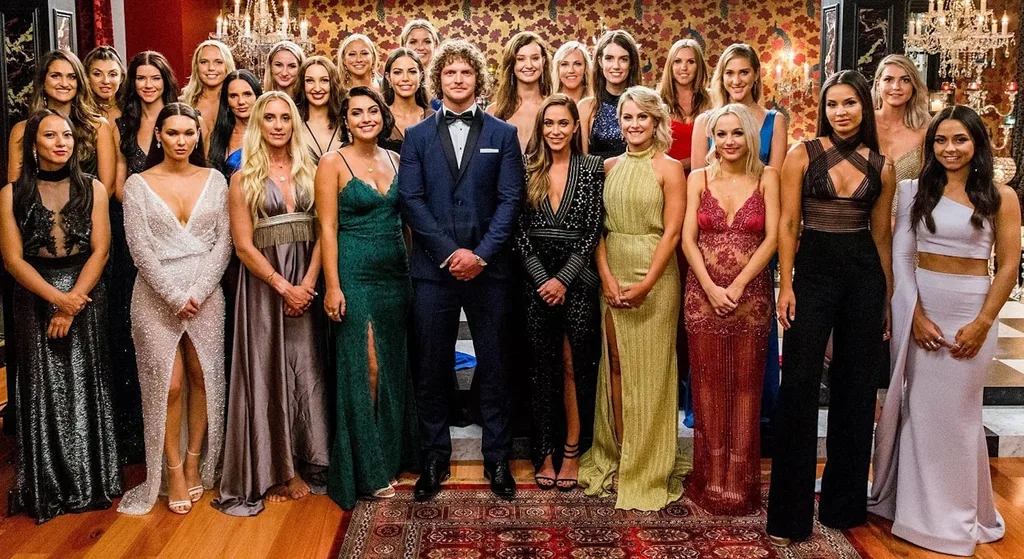
Other cosmetic procedures found in the research conducted by YouGov showed female viewers also considered breast enhancements (8%) and Botox (7%).
Sydney based Psychologist Jacqui Manning says that while reality shows play a part in affecting body image negatively, the problem is much wider than just our TV screens.
“Instagram, ads and the visuals our world is filled with all have one thing in common – they are touched up, enhanced, filtered and in the case for TV shows, hair and makeup are professionally and meticulously done, which leads to a skewing of what’s ‘normal,'” she explains.
“Most images we see of people are not how they look in real life, and humans cannot help but compare, however, it’s comparing apples and oranges. The person who makes you coffee? Real. The person on an ad making coffee? Enhanced. If we look to the enhanced reflections on which to base our self-image, we are always going to lose and it can lead to a dangerous mindset that allows the idea of changing ourselves to become acceptable.”
Jacqui goes on to note that the rates of young people getting surgery for cosmetic reasons has increased so much that it’s almost considered a casual thing to do now – but it shouldn’t be. “It’s surgery and I think the goalposts changing so much is down to the fact that we have so much technology enhancing the visuals we see, the fact only the most beautiful people appear on TV, and the lack of access to average bodies in our daily lives,” she says.
“If we only see of the best of the best – of ourselves or those on TV – it’s a skewed view of the world and it’s got to be recognised and acknowledged as such. It’s not something to emulate. The media makers need to include a diverse range of people featured in shows and we all need to be more real on our own social media feed. More importantly, we need to base our worth not on how we look but who we are and how we behave,” Jacqui finishes.
Year upon year, The Bachelor is criticised for not having any race diversity, but perhaps it’s past time we talked about both body shape and beauty diversity, too.
